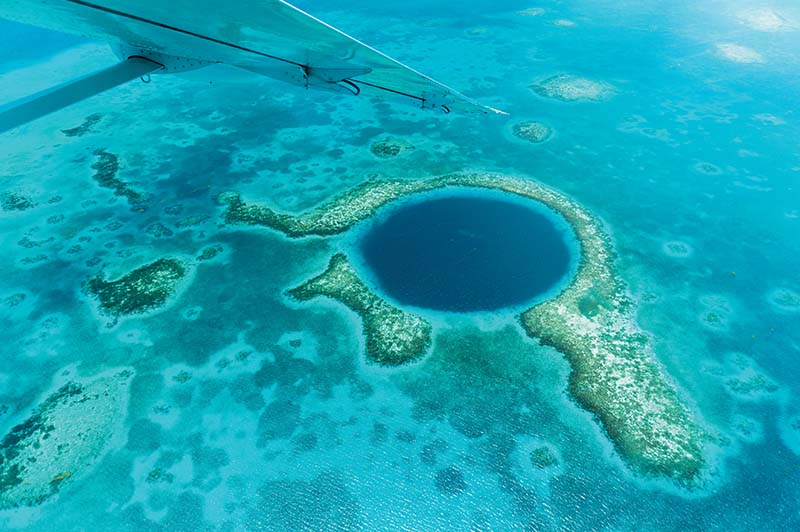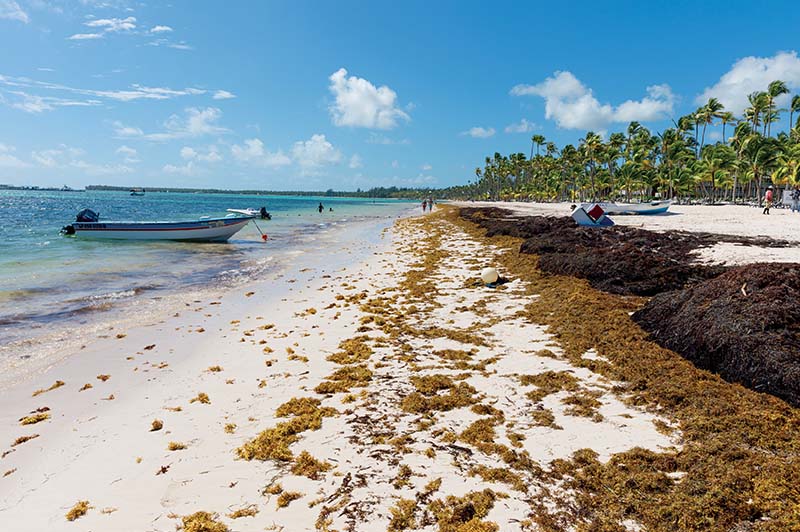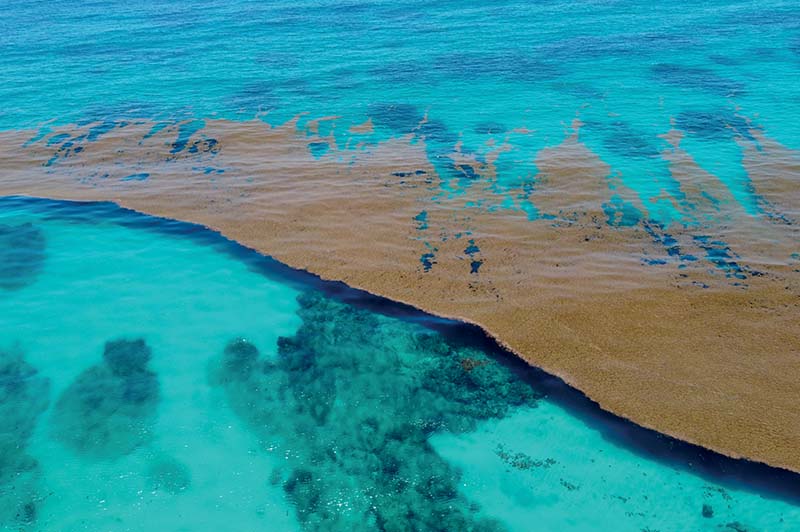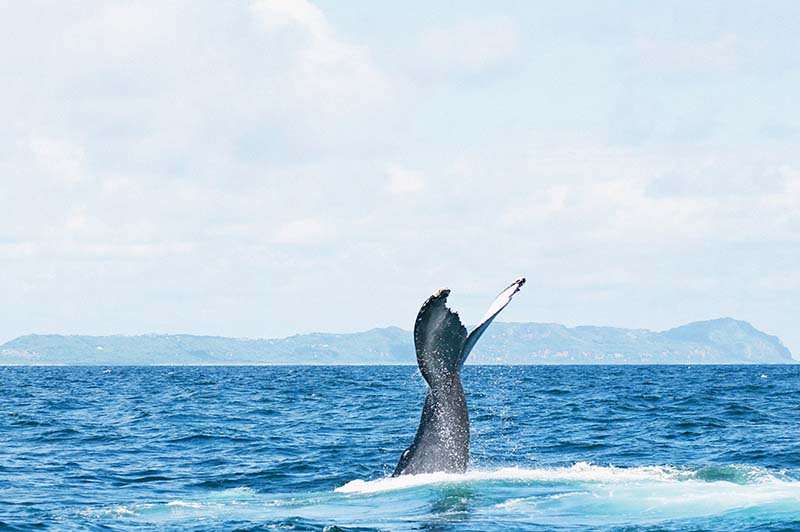
For the new year,
ONAIR shares three examples of good news for the Caribbean environment!
Coral In Good Health! ~ Charles Darwin is said to have described it as “the most remarkable reef in the West Indies.” In Belize, the total prohibition of all oil exploration in the country’s waters since 2018, has allowed the second largest coral reef in the world, and its mangrove, to kick start their regeneration. Its good heath is good news for the entire Caribbean basin. “The fruit of an exemplary collaboration between the government of Belize, an investment company, and the scientific community,” this coral reef, according to UNESCO, is the most important in the Northern Hemisphere and has been removed from the list of endangered heritage sites, where it had been included for almost 10 years. A world-renowned dive spot, the Belize Barrier Reef Reserve System is an important economic factor for the national economy, which largely depends on fishing and tourism.

An International Alliance To Treat Sargassum ~ For over 10 years, the scourge known as sargassum has progressively defaced the Caribbean. To combat this menace, Origin by Ocean, a Finnish bio-tech company that refines algae, has joined forces with SOS Carbon, NODO Logistics, and Grupo Punta Cana in order to harvest the nauseating layer of seaweed that has washed up on the shores of the Dominican Republic. This serves as a raw material for the Finnish bio-refinery, which promises to transform the noxious algae in multiple ways: sunscreen, fertilizer, and biodegradable textiles. Since June 2022, the scheduled exportation of 100 trucks of sargassum toward Helsinki should be followed up by the creation of a bio-treatment plant for the algae in the Caribbean. With this initiative, Origin by Ocean joins the ranks of sustainable opposition to sargassum washing up on beaches, and also addresses a much larger, major environmental concern: eutrophication of the oceans.

Understanding Whales To Better Protect Them ~ Led by the Agoa Sanctuary, a protected marine zone managed by the French Office of Biodiversity, the primary goal of the CARI’MAM project (2018-2021) was to reinforce the intra-Caribbean collaboration for the study of marine mammals. As part of the project, 17 micro submarines were deployed at 13 Caribbean islands to record the songs of the whales over the course of a year. In the summer of 2022, the results were revealed, not without a few surprises. Responsible for the analysis of the collected data, the University of Toulon attests that in addition to being composed of 12 couplets, the songs of the whales vary from one Caribbean island to another, reflecting a large variability in the use of these couplets. The male whales migrating through the Caribbean do not all sing in the same way—and the differences are often significant, even between islands that are very close to one another. This is a major step in the understanding, and thus the protection of whales in the region, while waiting for the results of a second year of listening to their songs

Crédit photo : © Shutterstock.
Auteur : Olivier Aussedat.

